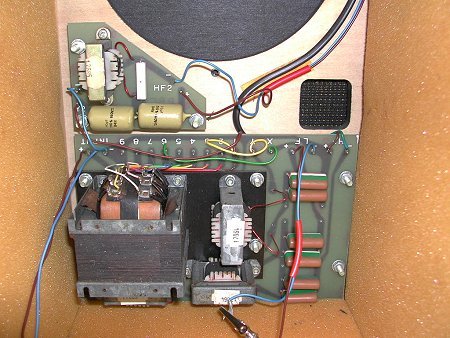I fondly remember Franko Serblins Extremas which utilized a crossover without capacitors. Just a power resistor in series and an Inductor in parallel with the Dynaudio Esotar tweeter.
The speakers were amazing sounding, but notoriously inefficient, in no small part because of this crossover design.
Are there any other contemporary designs using this methodology?
The speakers were amazing sounding, but notoriously inefficient, in no small part because of this crossover design.
Are there any other contemporary designs using this methodology?



















